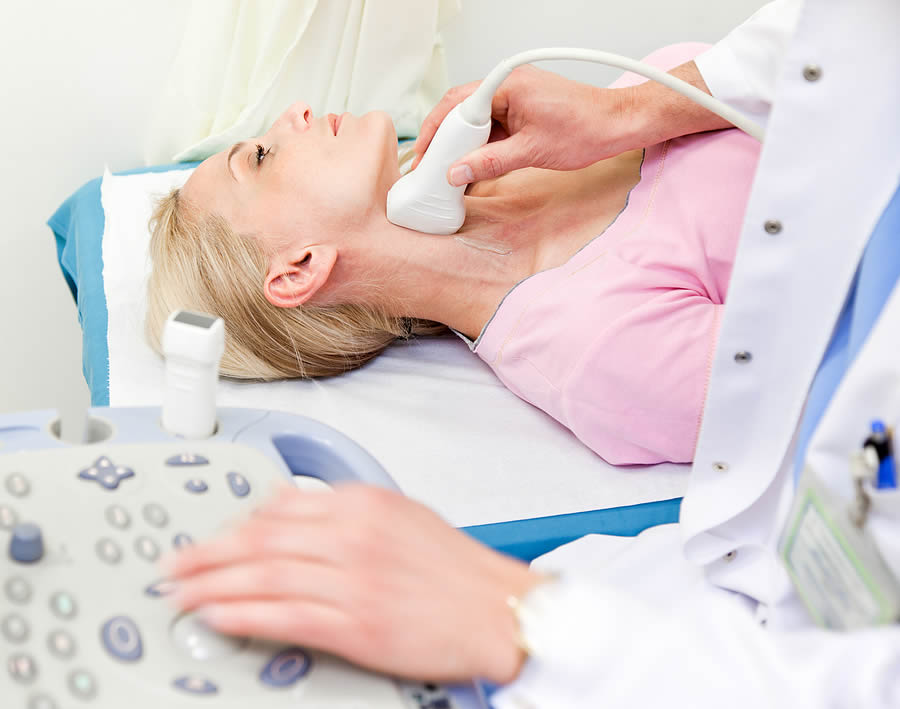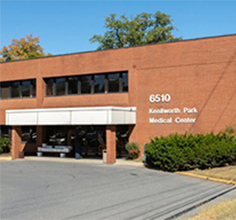
If your physician has ordered a carotid ultrasound, then he/she is asking for a test to detect dangerously narrowed carotid arteries. While medical jargon can sound nerve-wracking, there is nothing to be worried about. A carotid ultrasound is a safe, noninvasive, painless procedure that uses sound waves to examine the blood flow through the carotid arteries.
In this brief article brought to you by Southern Maryland Medical Group, we give you a quick run-down on the carotid ultrasound, or carotid doppler.
A carotid ultrasound is a diagnostic test which uses sound waves to create images of the carotid arteries in your neck. These arteries supply blood to your brain and any narrowing or blockages in these arteries can restrict blood flow; such a situation can lead to a stroke. The ultrasound helps your healthcare provider assess the structure and function of these vital arteries.
Your healthcare provider may recommend a carotid ultrasound if you have risk factors for stroke or if you’ve experienced symptoms such as:
Of course, there are other potential reasons to request a carotid doppler – and you are encouraged to ask your physician for any clarification you seek. In short, the ultrasound helps determine if there are any significant blockages or abnormalities in your carotid arteries that require further evaluation and treatment.
Preparing for a carotid ultrasound is straightforward and generally requires minimal effort. Here are some steps to help you prepare.
First, let your healthcare provider know about any medications you’re taking, including prescription drugs, over-the-counter medications, vitamins, and supplements. They may advise you on any medications to adjust or continue as usual.
In most cases, you won’t need to fast before a carotid ultrasound. However, if you’re also scheduled for other tests or procedures that require fasting, then follow the fasting instructions provided by your healthcare provider.
Wear comfortable, loose-fitting clothing on the day of the ultrasound. You may be asked to remove any jewelry, necklaces, or clothing that could interfere with the procedure. Also refrain from applying creams, lotions, or perfumes to your neck area on the day of the ultrasound. These substances can interfere with the ultrasound imaging.
Finally, arrive at the ultrasound facility or clinic on time for your appointment. Being punctual helps ensure that the procedure can be conducted smoothly without delays. Feel free to share any questions or concerns with your primary care physician before the procedure.
If you’d like a second-opinion, then consider reaching out to Southern Maryland Medical Group to consult with one of our licensed primary care doctors. Our team is on standby to take your call or message and schedule a convenient appointment for as soon as possible.
Southern Maryland Medical Group has 3 convenient locations to provide professional medical care services in the Southern Maryland area. Call or schedule an appointment with one of our locations to get medical care help.

5801 Allentown Road, Suite 400 Camp Spring, MD 20746
Phone: 301-868- 0150
Billing Inquiries: 301-552-1270
Fax: 301-868-0243

7500 Greenway Center, Dr #1200 Greenbelt, MD 20770
Phone: 301-486-7580
Billing Inquiries: 301-552-1270
Fax: 301-486-7581

6510 Kenilworth Ave, Ste 1400, Riverdale MD 20737
Phone: 301-618-0771
Billing Inquiries: 301-552-1270
Fax: 301-618-0772